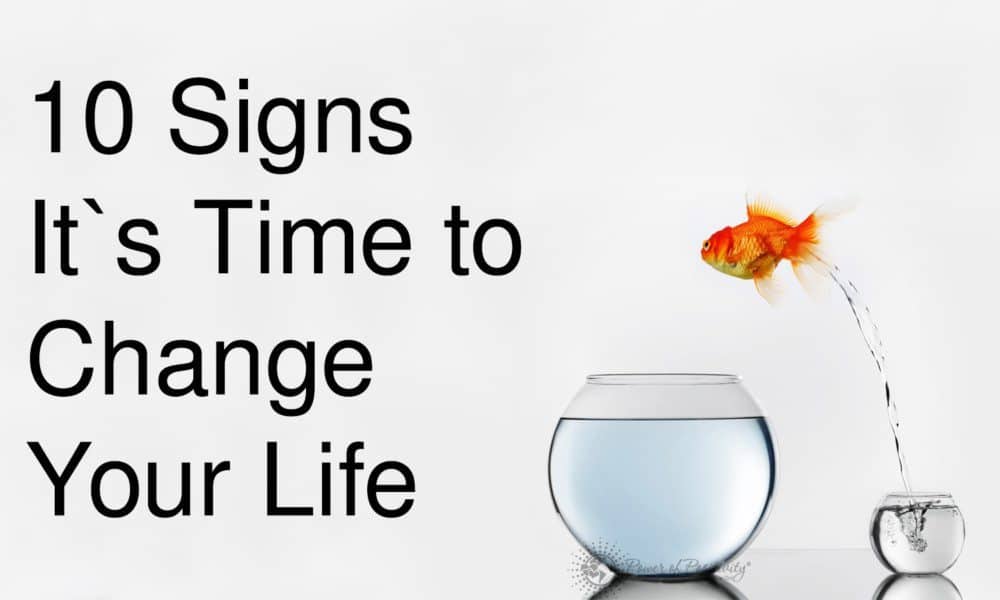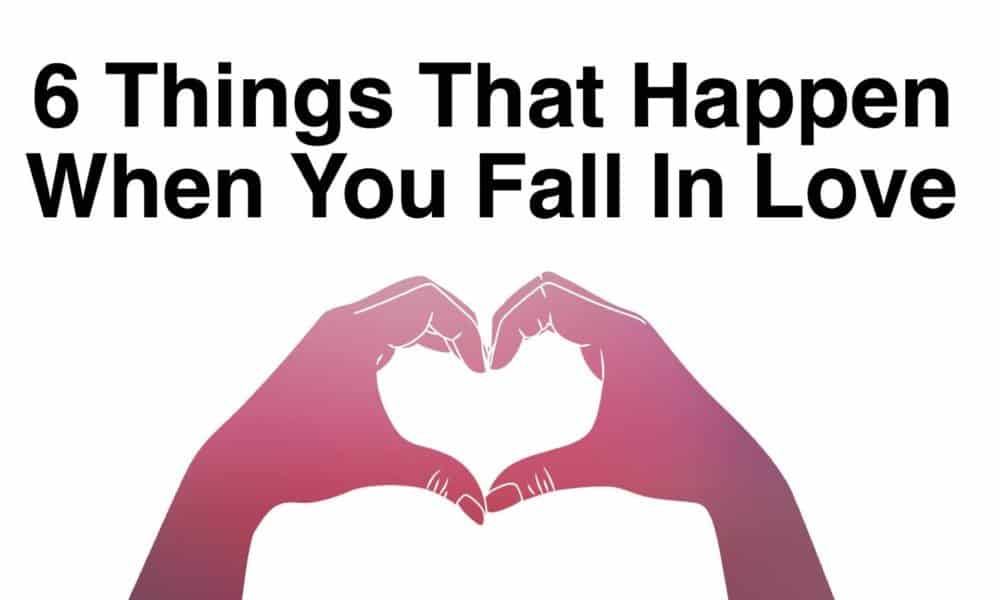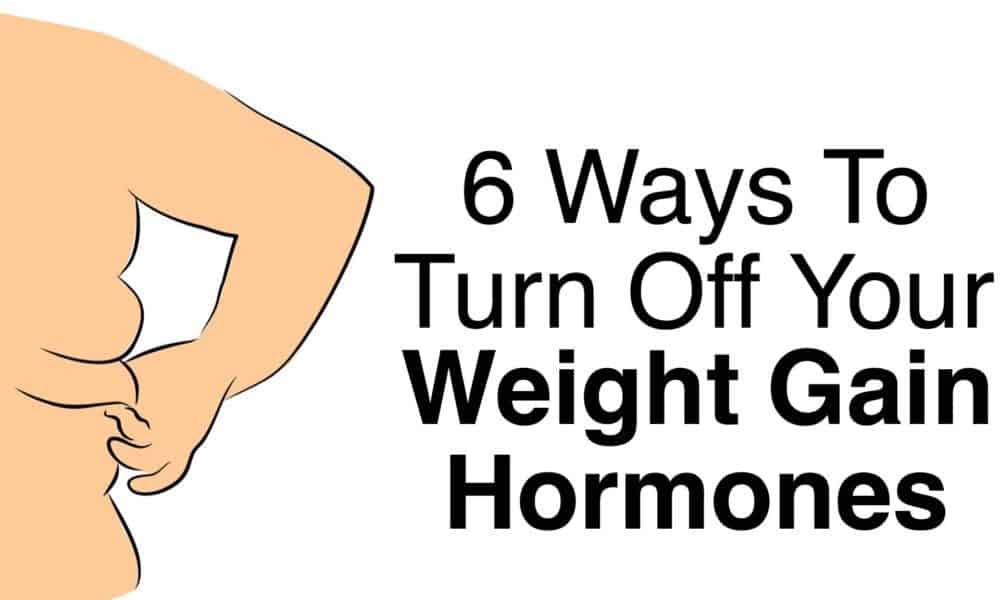Oncologists Don’t Like Baking Soda Cancer Treatment Because It’s Too Effective and Too Cheap

by Get Holistic Health
Even the most aggressive cancers which have metastasized have been reversed with baking soda cancer treatments. Although chemotherapy is toxic to all cells, it represents the only measure that oncologists employ in their practice to almost all cancer patients. In fact, 9 out of 10 cancer patients agree to chemotherapy first without investigating other less invasive options.
Doctors and pharmaceutical companies make money from it. That’s the only reason chemotherapy is still used. Not because it’s effective, decreases morbidity, mortality or diminishes any specific cancer rates. In fact, it does the opposite. Chemotherapy boosts cancer growth and long-term mortality rates and oncologists know it.
A few years ago, University of Arizona Cancer Center member Dr. Mark Pagel received a $2 million grant from the National Institutes of Health to study the effectiveness of personalized baking soda cancer treatment for breast cancer. Obviously there are people in the know who have understood that sodium bicarbonate, that same stuff that can save a person’s life in the emergency room in a heartbeat, is a primary cancer treatment option of the safest and most effective kind.
Studies have shown that dietary measures to boost bicarbonate levels canincrease the pH of acidic tumors without upsetting the pH of the blood and healthy tissues. Animal models of human breast cancer show that oral sodium bicarbonate does indeed make tumors more alkaline and inhibit metastasis. Based on these studies, plus the fact that baking soda is safe and well tolerated, world renowned doctors such as Dr. Julian Whitaker have adopted successful cancer treatment protocols as part of an overall nutritional and immune support program for patients who are dealing with the disease. The Whitaker protocol uses 12 g (2 rounded teaspoons) of baking soda mixed in 2 cups water, along with a low-cal sweetener of your choice. (It’s quite salty tasting.) Sip this mixture over the course of an hour or two and repeat for a total of three times a day. One man claims he has found a cure for cancer using baking soda and molasses and actually successfully treated his own disease by using baking soda.
When taken orally with water, especially water with high magnesium content, and when used transdermally in medicinal baths, sodium bicarbonate becomes a first-line medicinal for the treatment of cancer, and also kidney disease, diabetes, influenza and even the common cold. It is also a powerful buffer against radiation exposure, so everyone should be up to speed on its use. Everybody’s physiology is under heavy nuclear attack from strong radioactive winds that are circling the northern hemisphere.
Dr. Robert J. Gillies and his colleagues have already demonstrated that pre-treatment of mice with baking soda results in the alkalinization of the area around tumors. The same researchers reported that bicarbonate increases tumor pH and also inhibits spontaneous metastases in mice with breast cancer.
What is Baking Soda?
Baking soda is a white crystalline solid that appears as fine powder. It is also called cooking soda, bread soda and bicarbonate of soda. Its chemical name is sodium bicarbonate or sodium hydrogen carbonate.
Baking soda is different from washing soda (sodium carbonate) although they share the same slightly salty and alkaline taste.
This widely used soda is commonly dissolved in mineral water and used as a leavening agent in baking. It works as a leavening agent by neutralizing the acidic components of batter. The neutralization releases carbon dioxide and leads to the “raising” or expansion of baked foods.
Baking soda has also been used to soften vegetable and to tenderize meat.
As a household chemical, baking soda is used as a cleaning agent. It is included in toothpastes for similar reasons where it serves as an antiseptic, acid-neutralizer, whitening agent and plaque-removing agent as well as a cleaning agent.
Other common personal hygiene products in which baking soda can be found include deodorants and shampoos.
Baking Soda and pH Medicine
The pH of our tissues and body fluids is crucial and central because it affects and mirrors the state of our health or our inner cleanliness. The closer the pH is to 7.35-7.45, the higher our level of health and wellbeing. Staying within this range dramatically increases our ability to resist acute illnesses like colds and flues as well as the onset of cancer and other diseases. Keeping our pH within a healthy range also involves necessary lifestyle and dietary changes that will protect us over the long term while the use of sodium bicarbonate gives us a jump-start toward increased alkalinity.
The pH scale is like a thermometer showing increases and decreases in the acid and alkaline content of fluids. Deviations above or below a 7.35-7.45 pH range in the tightly controlled blood can signal potentially serious and dangerous symptoms or states of disease. When the body can no longer effectively neutralize and eliminate the acids, it relocates them within the body’s extra-cellular fluids and connective tissue cells directly compromising cellular integrity. Conversely when the body becomes too alkaline from too much bicarbonate in the blood, metabolic alkalosis occurs, which can lead to severe consequences if not corrected quickly.
Jon Barron presents a way of looking at pH that opens up one of the major benefits of alkaline water:
Hydrogen ions tie up oxygen. That means that the more acid a liquid is, the less available the oxygen in it. Every cell in our body requires oxygen for life and to maintain optimum health. Combine that with what we know about hydrogen ions and we see that the more acid the blood (the lower its pH), the less oxygen is available for use by the cells. Without going into a discussion of the chemistry involved, just understand that it’s the same mechanism involved when acid rain “kills” a lake. The fish literally suffocate to death because the acid in the lake “binds up” all of the available oxygen. It’s not that the oxygen has gone anywhere; it’s just no longer available. Conversely, if you raise the pH of the lake (make it more alkaline), oxygen is now available and the lake comes back to life. Incidentally, it’s worth noting that cancer is related to an acid environment (lack of oxygen)–the higher the pH (the more oxygen present in the cells of the body), the harder it is for cancer to thrive.
Understanding this is important for two reasons: (1) it reveals one of the primary benefits of alkaline water–more “available” oxygen in the system and (2) it explains why alkaline water helps fight cancer.
How Baking Soda Can Help “Cure” Cancer
Basically, malignant tumors represent masses of rapidly growing cells. The rapid rate of growth experienced by these cells means that cellular metabolism also proceeds at very high rates.
Therefore, cancer cells are using a lot more carbohydrates and sugars to generate energy in the form of ATP (adenosine triphosphate).
However, some of the compounds formed from the energy production include lactic acid and pyruvic acid. Under normal circumstances, these compounds are cleared and utilized as soon as they are produced. But cancer cells are experiencing metabolism at a much faster rate. Therefore, these organic acid accumulate in the immediate environment of the tumor.
The high level of extracellular acidity around the tumor is one of the chief driving force behind the metastasis of cancer tumors.
Basically, cancer cells need an acidic environment to grow and spread rapidly.
Some cancer experts, therefore, believe that by buffering the tumor microenvironment with an alkalizing compound, the pH of tumors can be raised enough to starve them and stop their growth and spread.
Curiously, this rather simple solution to cancer has been proven right.
What is even more remarkable is that there is no need to cook up some fancy synthetic drug to lower the acidity in the immediate environment of the tumor. A simple, commonly obtained compound like sodium bicarbonate will do.
Obviously, it is desirable to deliver the sodium bicarbonate as close to the tumor as possible since its pH-raising effect is needed in the microenvironment of the tumor. Therefore, directly injecting sodium bicarbonate in the tumor site is considered a better solution than oral administration. However, oral sodium bicarbonate is just safer and can be readily used at home.
A 2009 study published in the journal, Cancer Research, is among the first to confirm that the alkalinizing effect of sodium bicarbonate can indeed stop cancer.
By injecting sodium bicarbonate into a group of mice, the authors of the study were able to determine how the growth and spread of cancer tumors were effected by raising the pH of the organ affected by the cancer.
The study results showed that baking soda indeed raised the pH and reduced spontaneous metastases in mice induced with breast cancer.
The researchers also determined that sodium bicarbonate works by raising the pH outside cells and not within cells. This is an important finding because it suggests that sodium bicarbonate does not interfere with cellular metabolism even as it makes the microenvironment unconducive for tumor growth.
Other findings from this study show that baking soda:
- Reduced the involvement of the lymph node on the transport of cancer cells
- Does not lower the levels of circulating tumor cells
- Reduced the involvement of the liver and, therefore, the spread of tumor cells to other organs
- Inhibit the colonization of other organs by circulating tumor cells
To make the baking soda natural cancer remedy at home, you need maple syrup, molasses or honey to go along with the baking soda.
In Dr. Sircus’ book, he documented how one patient used baking soda and blackstrap molasses to fight the prostate cancer that had metastasized to his bones. On the first day, the patient mixed 1 teaspoon of baking soda with 1 teaspoon of molasses in a cup of water.
He took this for another 3 days after which his saliva pH read 7.0 and his urine pH read 7.5.
Encouraged by these results, the patient took the solution 2 times on day 5 instead of once daily. And from day 6 – 10, he took 2 teaspoons each of baking soda and molasses twice daily.
By the 10th day, the patient’s pH had risen to 8.5 and the only side effects experienced were headaches and night sweat (similar to cesium therapy).
The next day, the patient had a bone scan and too other medical tests. His results showed that his PSA (prostate-specific antigen, the protein used to determine the severity of prostate enlargement and prostate cancer) level was down from 22.3 at the point of diagnosis to 0.1.
Another baking soda formula recommends mixing 90 teaspoons of maple syrup with 30 teaspoons of baking soda.
To do this, the maple syrup must be heated to become less viscous. Then the baking syrup is added and stirred for 5 minutes until it is fully dissolved.
This preparation should provide about 10-day worth of the baking soda remedy. 5 – 7 teaspoons per day is the recommended dose for cancer patients.
Care should be taken when using the baking soda remedy to treat cancer. This is because sustaining a high pH level can itself cause metabolic alkalosis and electrolyte imbalance. These can result in edema and also affect the heart and blood pressure.
One does not have to be a doctor to practice pH medicine. Every practitioner of the healing arts and every mother and father needs to understand how to use sodium bicarbonate. Bicarbonate deficiency is a real problem that deepens with age so it really does pay to understand and appreciate what baking soda is all about.
Dave Mihalovic is a Naturopathic Doctor who specializes in vaccine research, cancer prevention and a natural approach to treatment.









